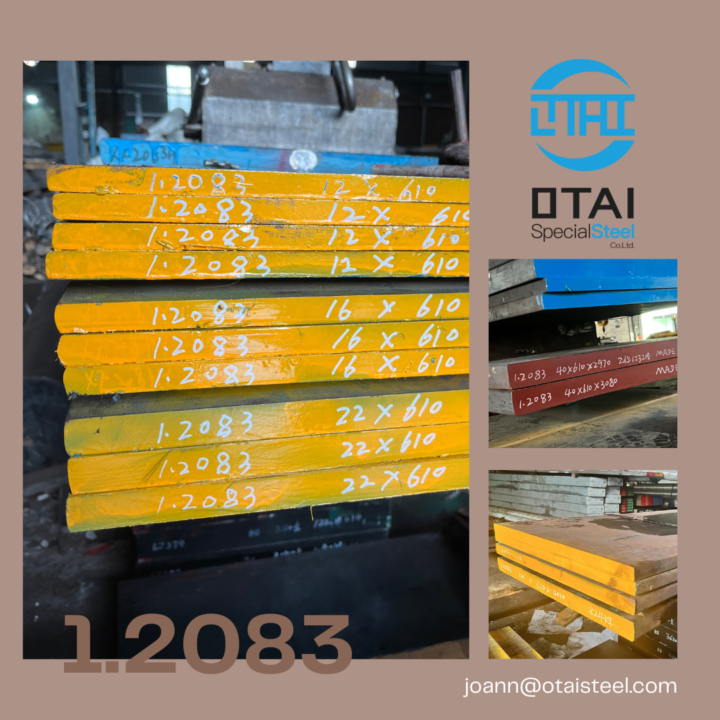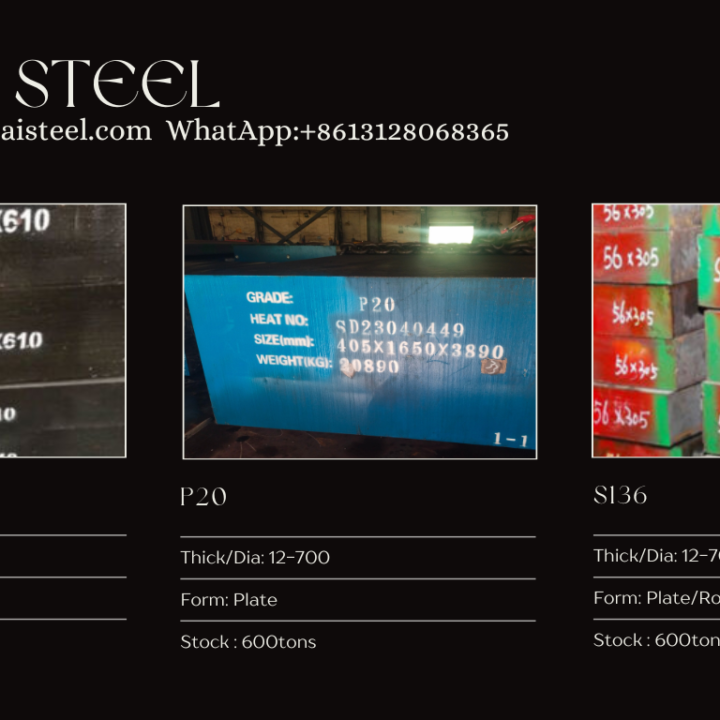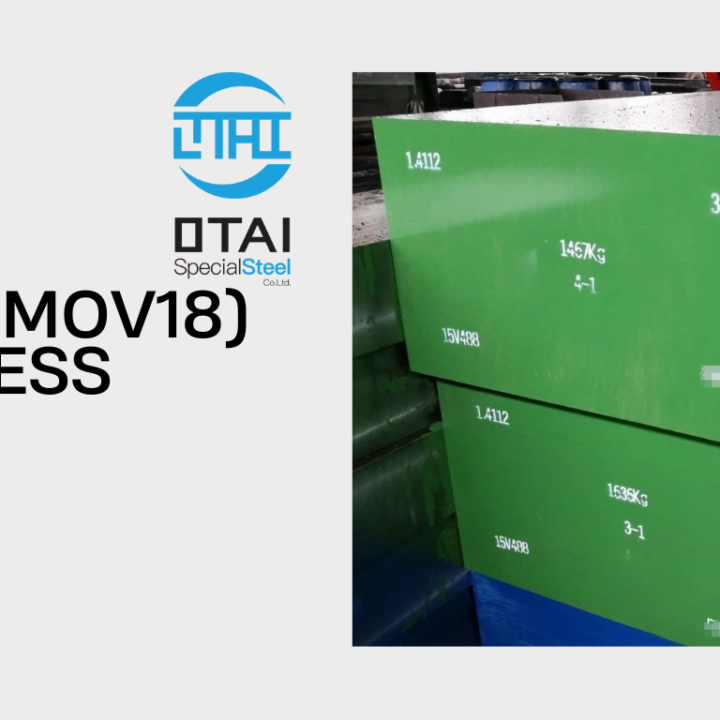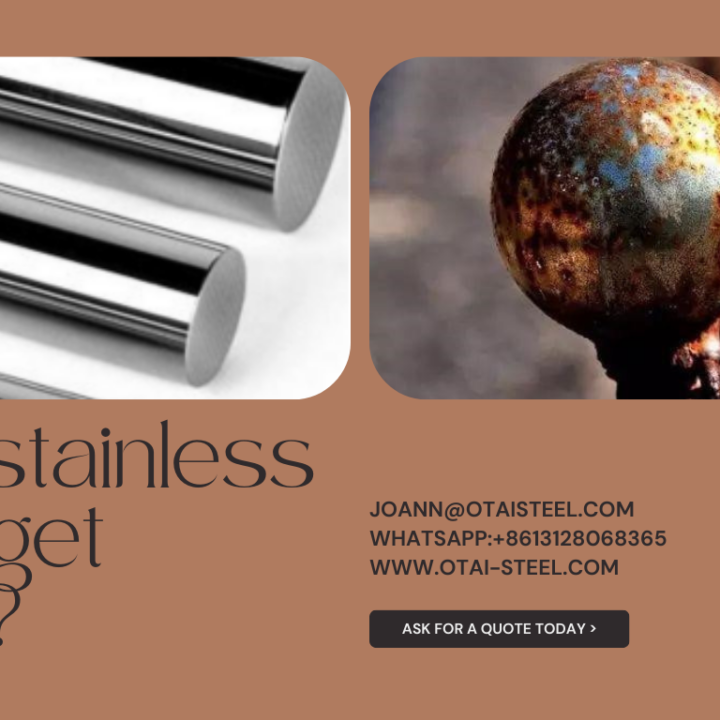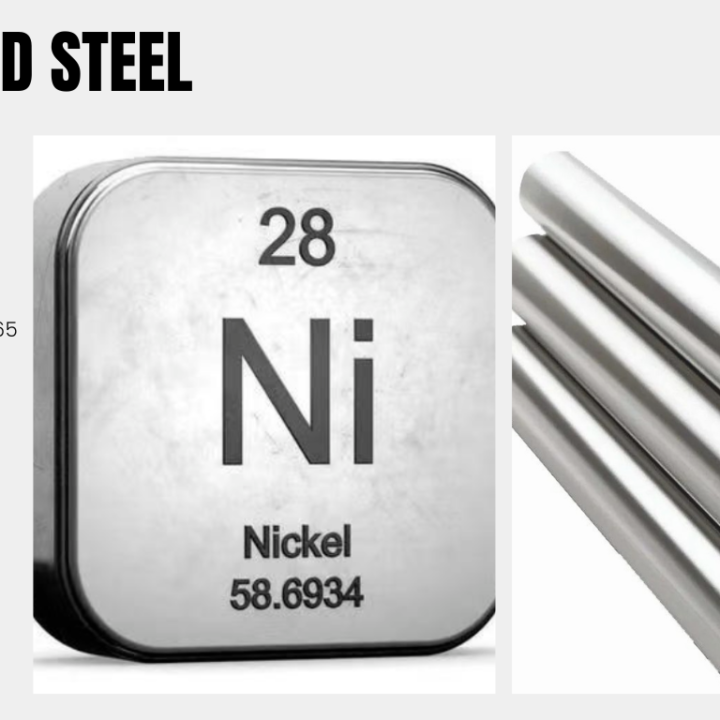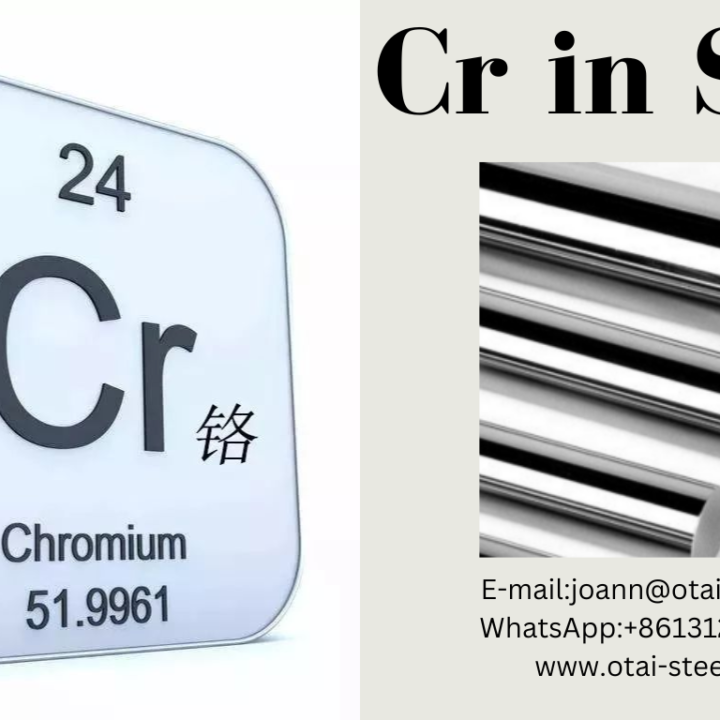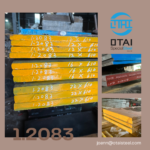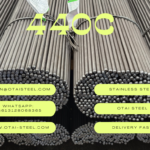1.2085 (X33CrS16) material emerges as a corrosion-resistant martensitic stainless tool steel, known for its exceptional properties in various industrial applications. Let’s explore the intricacies of this material, covering its composition, hardness, mechanical properties, applications, and pricing.
1.2085 Material Composition and Unique Features
1.2085 (X33CrS16) steel is distinguished by its corrosion resistance and martensitic structure. In its hardened state, polished to mirror brightness, it becomes magnetizable, showcasing its versatility. The sulfur content not only facilitates good machinability but also contributes to its mechanical strength and toughness.
1.2085 Chemical composition:
| C | Si | Mn | S | P | Cr | Mo | Ni | |
| 1.2085 | 0.28-0.38 | Max1.00 | Max1.40 | 0.050-0.100 | MAX0.030 | 15.00-17.00 | / | Max1.00 |
The interplay of these elements grants 1.2085 its remarkable strength, durability, and corrosion resistance. This chemical harmony contributes to the material’s suitability for various applications.
1.2085 Hardness: A Key Indicator of Performance
1.2085 is delivered hardened and double tempered to 280 – 325 HB (29 – 33 HRC), 1.2085 (X33CrS16) steel stands as a robust material, suitable for applications demanding resilience and durability. This hardness range ensures optimal performance in various working conditions.
1.2085 Properties: Unraveling the Technical Details
Resistant to the corrosion, Martensite steel with the high content of chrome. The steel has good resistance to the wear, good workability and polishability. Delivered quenched and tempered 280 – 325 HB.
PHYSICAL PROPERTIES
| Quantity | Value | Unit |
|---|---|---|
| Thermal expansion | 16 – 17 | e-6/K |
| Thermal conductivity | 16 – 16 | W/m.K |
| Specific heat | 500 – 500 | J/kg.K |
| Melting temperature | 1370 – 1400 | °C |
| Service temperature | 0 – 500 | °C |
| Density | 8000 – 8000 | kg/m3 |
| Resistivity | 0.7 – 0.7 | Ohm.mm2/m |
Mechanical Properties
| Properties | Conditions | ||
|---|---|---|---|
| T (°C) | Treatment | ||
| Density (×1000 kg/m3) | 7.7-8.03 | 25 | |
| Poisson’s Ratio | 0.27-0.30 | 25 | |
| Elastic Modulus (GPa) | 190-210 | 25 | |
| Tensile Strength (Mpa) | 1158 | 25 | oil quenched, fine grained, tempered at 425°C |
| Yield Strength (Mpa) | 1034 | ||
| Elongation (%) | 15 | ||
| Reduction in Area (%) | 53 | ||
| Hardness (HB) | 335 | 25 | oil quenched, fine grained, tempered at 425°C |
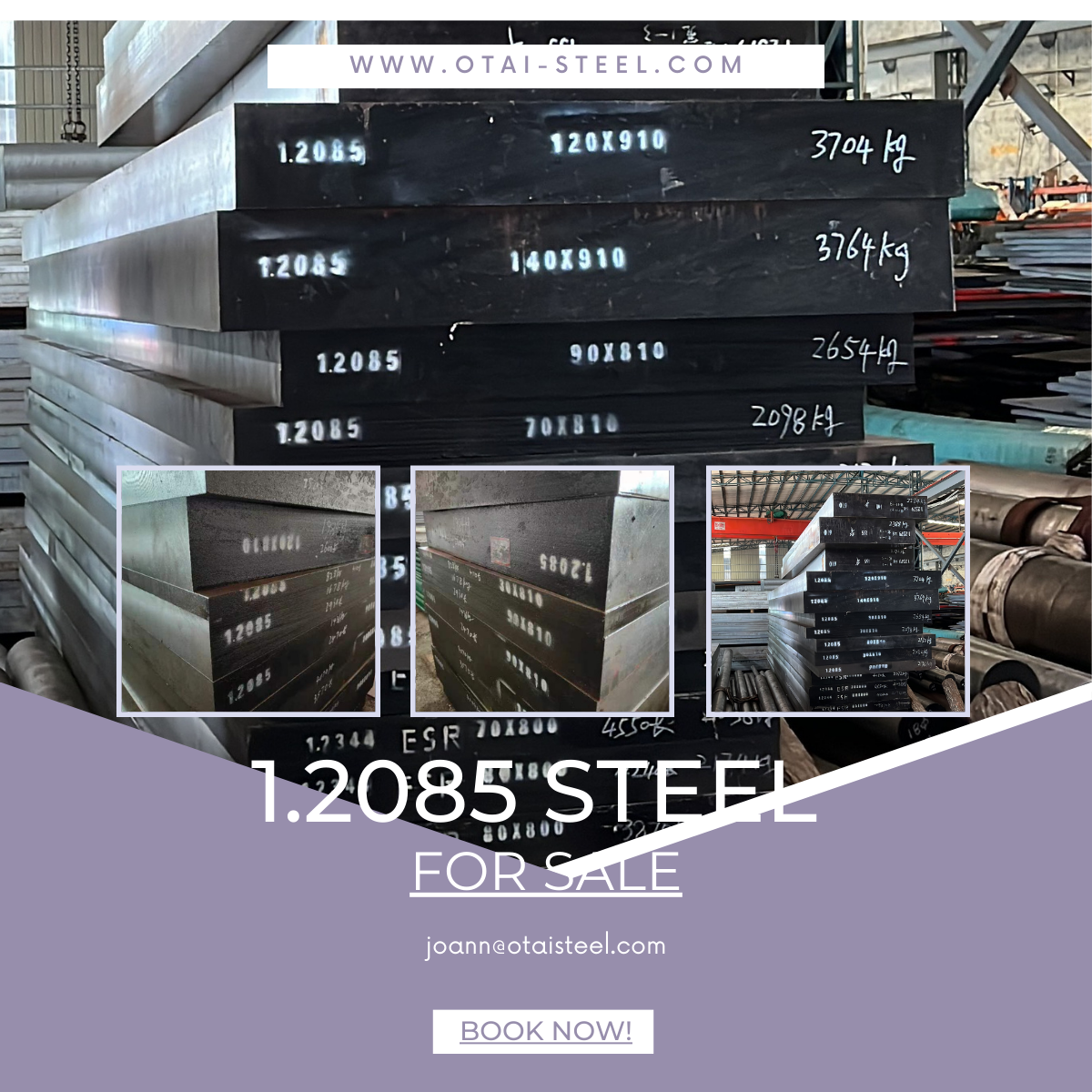 Applications Across Industries
Applications Across Industries
1.2085 (X33CrS16) steel finds its stronghold in the realm of hot-forming molds. Widely utilized in extrusion tools, forging molds, aluminum injection molds, hot cutting blades, and plastic molds, its high impact resistance makes it a preferred choice for thick sheet cutting molds. Its adaptability extends to areas like the white goods and electronics industry, as well as medical and food applications.
Navigating the Price Landscape
Understanding the cost of 1.2085 (X33CrS16) steel involves considering factors such as product section, dimensions, and surface quality. For current and specific pricing, the “Proceed to Online Sales” button on www.saglammetal.com provides a gateway to accessing this crucial information.
1.2085 Material Industries and Applications
1.2085 (X33CrS16) steel seamlessly integrates into industries like white goods, electronics, medical, and the food industry. Its application spectrum spans plastic injection molding and serves as a reliable material for holder components, showcasing its adaptability across diverse sectors.
In conclusion
1.2085 (X33CrS16) (HC16S) steel is more than just a material—it’s a solution. Its corrosion resistance, mechanical strength, and versatility position it as a cornerstone in various industries, meeting the demands of precision and reliability.
1.2085 Material FAQs
1. **Is 1.2085 (X33CrS16) steel suitable for humid environments?**
– Yes, the sulfur content in 1.2085 steel contributes to its machinability, making it suitable for working in wet or humid conditions.
2. **What sets 1.2085 (X33CrS16) apart in hot-forming molds?**
– Its high impact resistance and excellent dimensional stability during heat treatment make it an ideal choice for hot-forming molds.
3. **How does the pricing of 1.2085 (X33CrS16) vary?**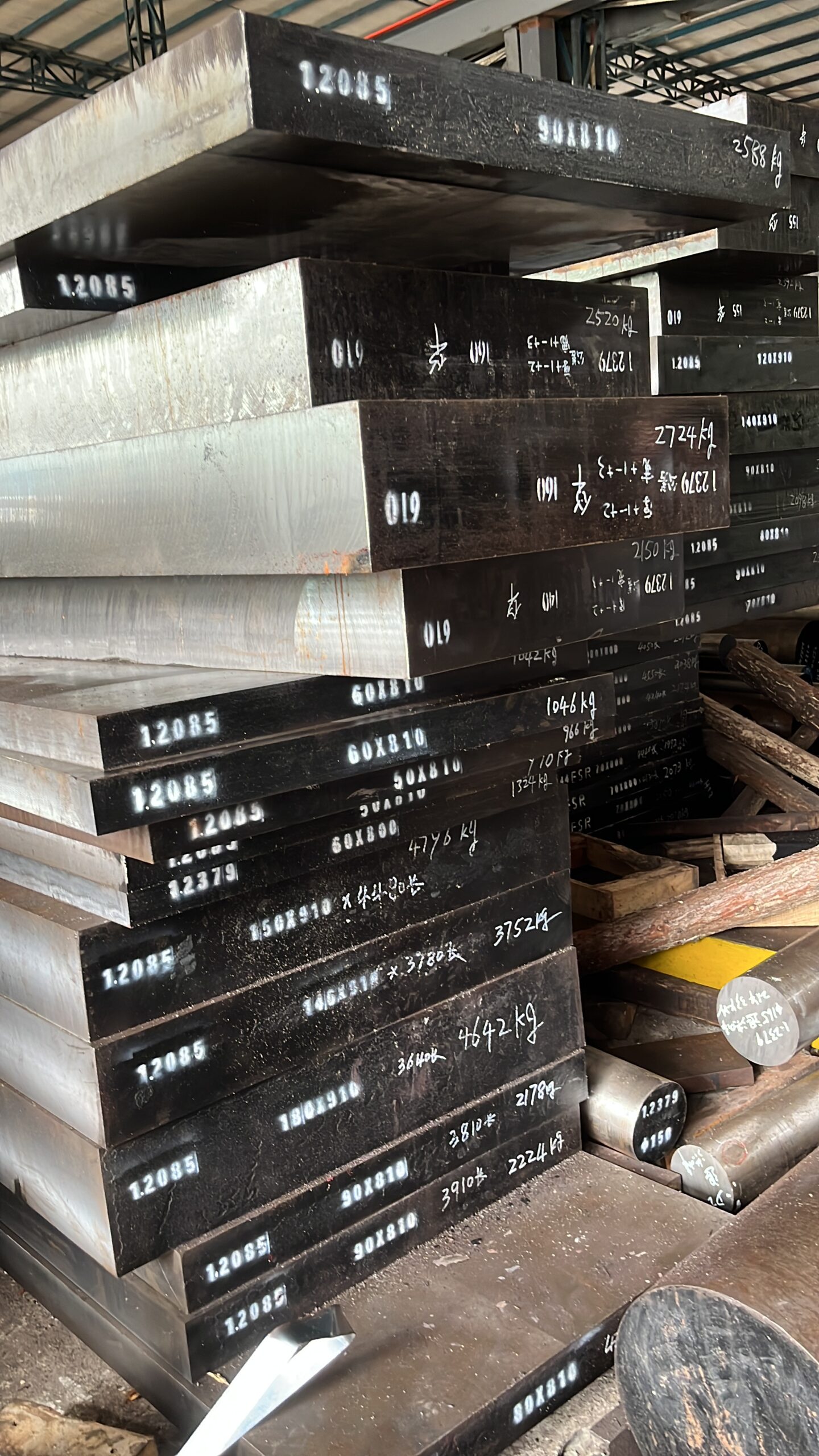
– Pricing considerations include product section, dimensions, and surface quality, and can be explored further on the www.saglammetal.com website.
4. **Can 1.2085 (X33CrS16) steel be used in the medical industry?**
– Absolutely, its corrosion resistance and mechanical properties make it suitable for applications in the medical industry.
5. **Is 1.2085 (X33CrS16) steel cost-effective for plastic injection molding?**
– Yes, its good machinability, mechanical strength, and toughness make it a cost-effective choice for plastic injection molding applications.
Want to know more about the 1.2085 steel details and 1.2085 steel stock list ?
Pls contact : Joann
E-mail:joann@otaisteel.com
WhatsApp:+8613128068365
